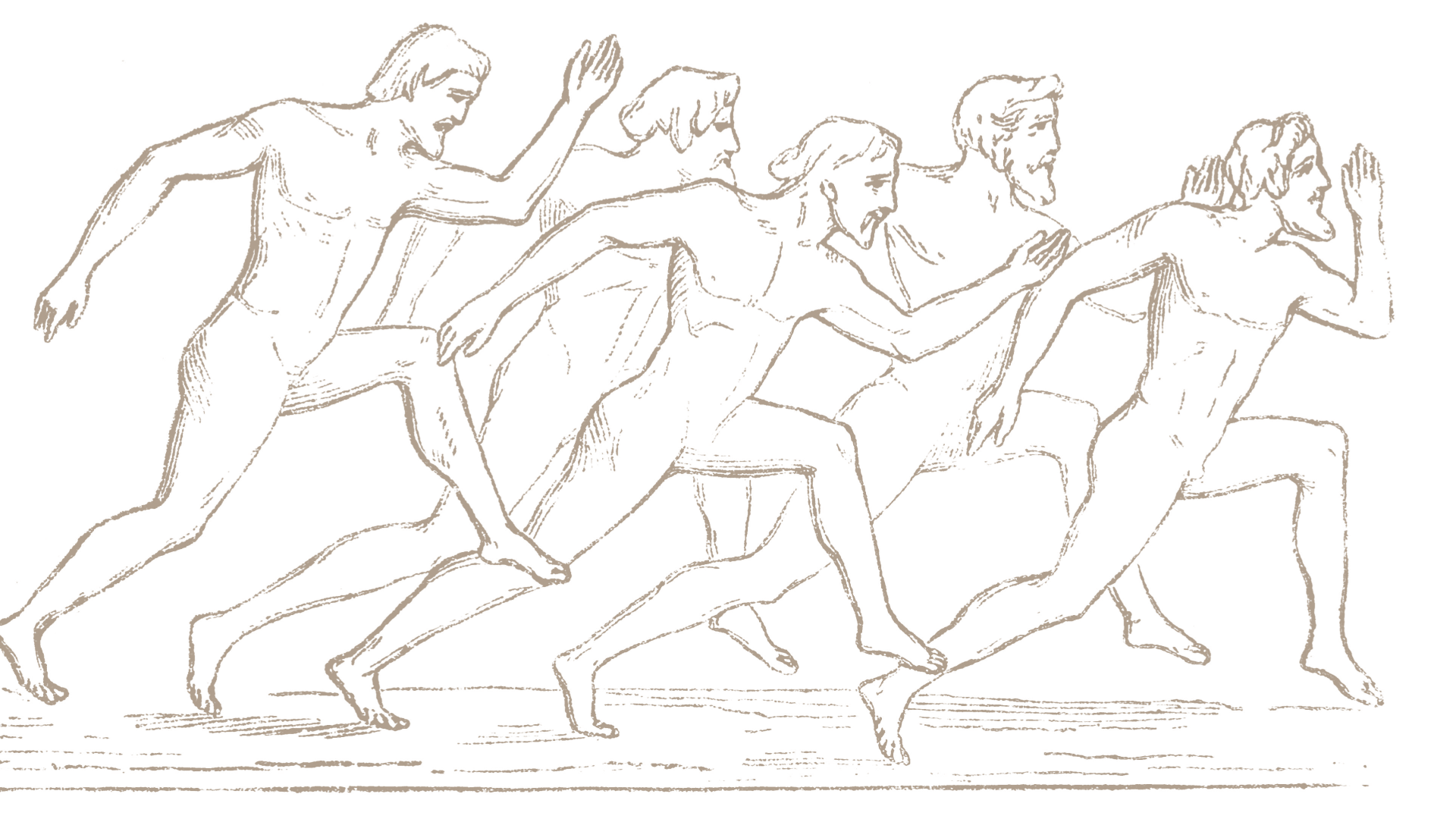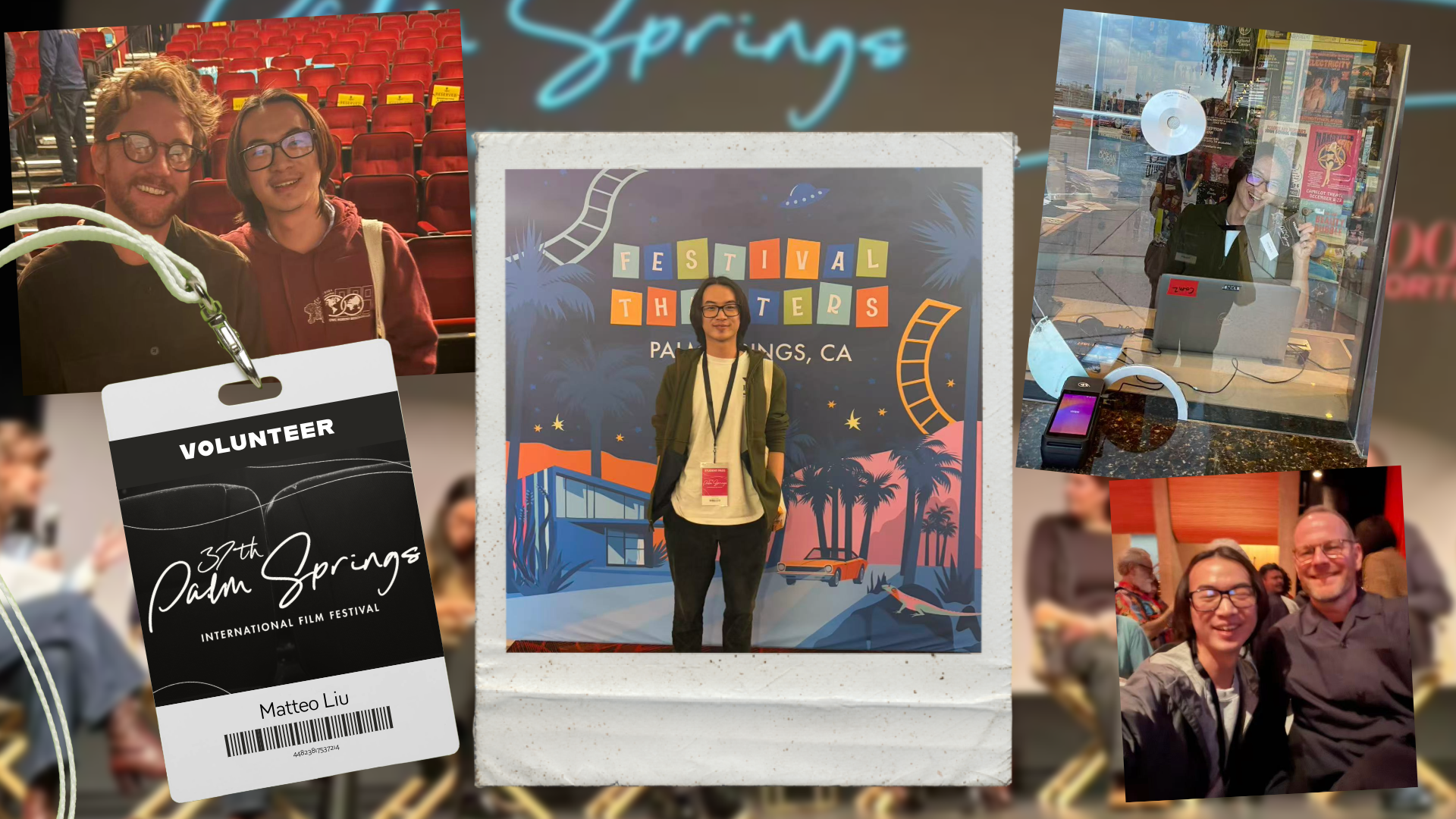On the Nightstand: Faculty Guide to Great Reads
December 7, 2018
Whether you’re looking for gift giving ideas, brain candy or a little edification during the holiday season, there’s a book for that. We asked the Davidson College faculty for great read recommendations -- check out their selections (we promise, there’s something for everyone):
Dear Committee Members by Julie Schumacher
It’s a hilarious academic satire (one among many) in which a crusty teacher of creative writing grows increasingly curmudgeonly toward his circumstances. Written in the form of an epistolary novel, as a series of letters of recommendation, it’s on my radar because my own, real letters of recommendation are piled up on my last nerve.
--Cynthia Lewis, English
A Duplicate Daughter by Randy Nelson
I can’t wait to delve into this book, which I keep hearing rave reviews about. No wonder: our own Randy Nelson is a genius.
--Cynthia Lewis, English
The Origin of Consciousness in the Breakdown of the Bicameral Mind by Julian Jaynes
This is one of the most provocative books written about one of the most elusive topics philosophers study. Jaynes argues for the radical thesis that prior to 1000 BC, most humans did not have consciousness in the modern sense but were in effect schizophrenics who were collectively led by the voices they heard. The advent of writing along with the social disruptions around 1000 BC resulted in the emergence of consciousness as we understand it today.
--Paul Studtmann, Philosophy
The Cooking Gene by Michael W. Twitty
To more deeply understand the connection between culinary history, the U.S. South and the botanical legacy of the Transatlantic Slave Trade, Twitty's book offers a richly parsed narrative of family history through recipes, Reconstruction and the memory foods of in the U.S. South. Highly recommend.
--Laurian Bowles, Anthropology and Africana Studies
Wishtree by Katherine Applegate
Told from the perspective of Red, an ancient oak tree, Applegate’s book about friendship explores the topics of inclusion, acceptance and the environment. While great for children as young as eight years old, this book has captivated the interest of everyone in our family.
--Angie Dewberry, Registrar
Crossing to Safety by Wallace Stegner
For years I have been meaning to read various novels by Wallace Stegner -- they’ve piled up on my bookshelves. Crossing to Safety, an account of the intertwined lives of two academic couples across the middle decades of the 20th century, and set in Madison, Wisconsin, the hills of Vermont, and Florence, Italy, is the first I’ve had a chance to read. And honestly, my first thought upon doing so was: I have wasted my life up till now in not having read him earlier! Now, on to Angle of Repose!
--Jonathan Berkey, History and Dean Rusk International Studies Program
The Birth of Modern Belief: Faith and Judgment from the Middle Ages to the Enlightenment by Ethan H. Shagan
The bland reason why I'm reading it is that I agreed to review an advance copy for the American Academy of Religion's “Reading Religion” website. But it is an excellent book, a fascinating intellectual history of the category of belief. Shagan carefully documents how the concept of belief transformed through Western history, showing how it was deployed to maintain boundaries between communities (Catholic and Protestant; Christian and “pagan”), how its relationship to other epistemological categories -- such as understanding and rationality -- was fluid, and how it altered our expectations about what could be known with certainty and what could not. Shagan's book is an incredibly lucid analysis of a complex and important topic that shows how what we today call "belief" is very much a modern invention, intimately related to how we view the natural world, religious truths and humanity's relationship to them.
--Jason Blum, Writing Program
Fire on the Mountain by Terry Bisson
This is an alternate history fiction book that describes a world that would have existed had John Brown been successful in creating a slave rebellion at Harper’s Ferry in 1859. A la Black Panther, the nation of Nova Africa that arose from this rebellion became, by the 1950s, incredibly scientifically advanced thanks in large part to the Socialist utopia that was created.
--Mitch Anstey (@theyneedacrane), Chemistry
The Provincials: A Personal History of Jews in the South by Eli Evans
“First published in 1973 and updated in 1997, The Provincials was the first book to take readers on a journey into the soul of the Jewish South, using autobiography, storytelling and interpretive history to create a complete portrait of Jewish contributions to the history of the region” (UNC Press). Lillian Hellman gave it a pretty scathing review in the NY Times Book Review in 1973, when it first appeared. I’m reading this (and more) to prepare for a tutorial the college archivist Debbie Lee Landi and her staff and I are leading next semester in which students will research and write a history of Jews and Jewishness at Davidson College. The students and I would welcome any information or stories about being Jewish at Davidson, Jewishness at Davidson and Judaism at Davidson (scdenham@davidson.edu).
--Scott Denham, German Studies and Humanities Program
Manhattan Beach by Jennifer Egan
I enjoyed Egan’s Visit from the Goon Squad so was pleased to see a new novel by her. The Manhattan Beach characters and their lives are complex, and the writing is beautiful.
-Kristi Multhaup, Psychology
Frederick Douglass: Prophet of Freedom (Kindle book) by David W. Blight
I am reading this to prepare for Blight’s spring visit to campus, and because I know too little about this important American. So far, it has been an enjoyable read and has increased my anticipation for Blight’s visit and talk.
--Kristi Multhaup, Psychology
The Fifth Season – Broken Earth Trilogy by N.K. Jemisin
This speculative fiction trilogy is in the genre known as ‘eco-apocalypse,’ and NK Jemisin is a fantastic, Hugo Award-winning writer. Find out more about this series and NK Jemisin.
--Fuji Lozada, Anthropology and Environmental Studies
Share your recommendations on Twitter, Instagram and Facebook @DavidsonCollege.



